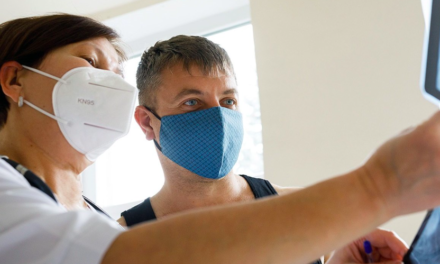Stockholm, September 4, 2024 — In a significant move aimed at promoting the well-being of children and adolescents, Sweden’s public health agency has issued new guidelines advising that teenagers should limit their daily screen time to a maximum of three hours. The recommendations, released on Monday, also urge that children under the age of two avoid digital screens entirely.
The agency’s guidelines outline specific screen time limits across different age groups: children aged 2-5 should be restricted to one hour of screen time per day, while those aged 6-12 should be allowed one to two hours. Teenagers, aged 13-18, should not exceed three hours of screen time daily. Furthermore, the agency strongly advises that cell phones and tablets be kept out of children’s bedrooms during the night to promote better sleep habits.
Olivia Wigzell, Acting Director-General of Sweden’s public health agency, emphasized that these guidelines are designed to assist parents and caregivers in managing children’s digital habits. “Reducing screen time is essential for ensuring that children get adequate exercise and sleep,” Wigzell stated, underscoring the connection between screen usage and overall health.
Helena Frielingsdorf, a physician and researcher at the agency, pointed out that their research highlights both positive and negative impacts of digital media on young people. “Many young people are concerned about the effects of screens on their lives and are looking for ways to change their habits. These guidelines aim to provide the assistance they need,” she explained.
The agency’s recommendations come on the heels of a report released in June that detailed the adverse effects of excessive screen time. The report linked high screen usage to poor sleep, depressive symptoms, and body dissatisfaction among children and adolescents. It warned that digital activities often consume time that could otherwise be spent on sleep, relationships, and physical activity.
In response to these concerns, Sweden’s public health agency has called on technology companies to take greater responsibility for mitigating health risks associated with digital media, particularly for younger users.
The guidelines are specifically tailored for digital media use during leisure time, encompassing activities such as social media, video streaming, television, and video games. The drafting of these recommendations involved consultations with a wide range of stakeholders, including children, parents, experts, and public health agencies from Denmark and Norway, as well as guidance from the World Health Organization (WHO).
As the digital landscape continues to evolve, Sweden’s public health agency hopes these new guidelines will provide families with the tools and knowledge needed to foster healthier digital habits among children and adolescents.












